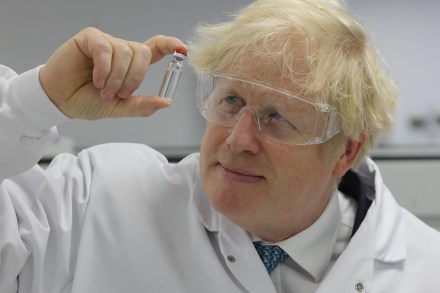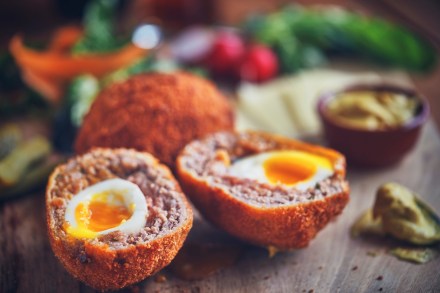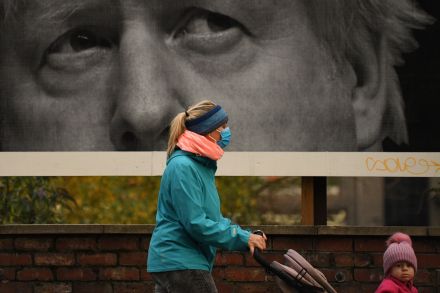The problem with ‘immunity passports’
Just a few months ago it was not certain that we would find a vaccine for Covid-19. Now, we have three, with potentially more on the way — and the rollout of the Pfizer jab due to begin next week. It’s an extraordinary achievement for the research community, our best hope of restoring normal life and a bloody relief after a year of disappointments. But the government, at least, should beware of geeks bearing gifts. To get us to herd immunity, they have to persuade somewhere between 60 per cent to 90 per cent of us to get vaccinated. You can see Boris Johnson’s problem. If he makes vaccination completely




















